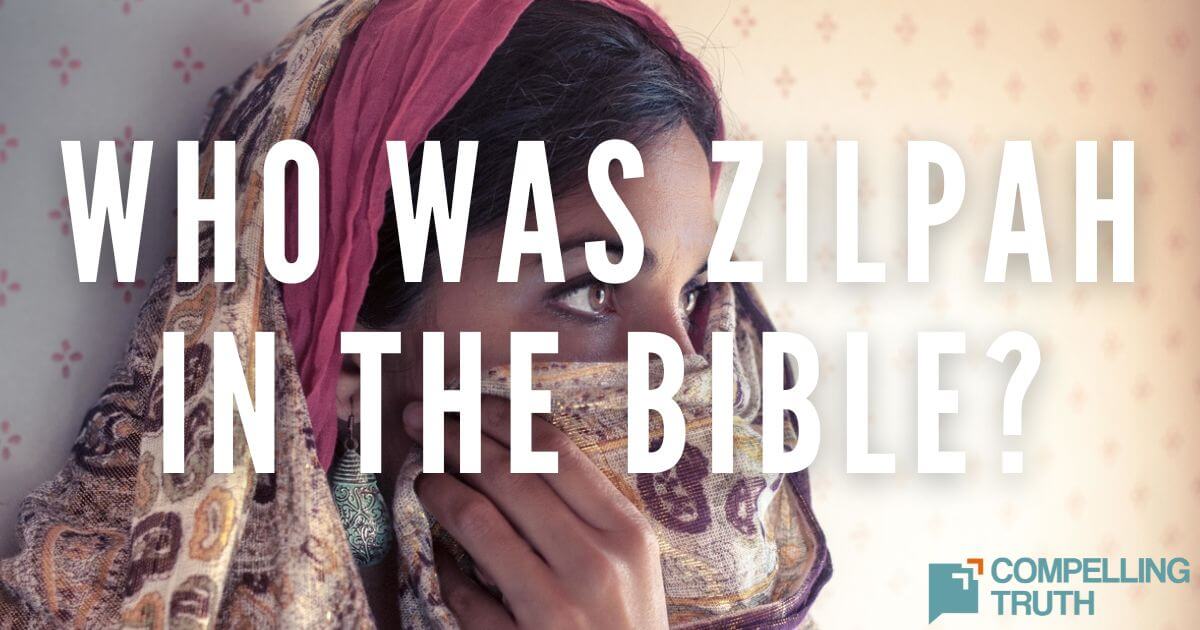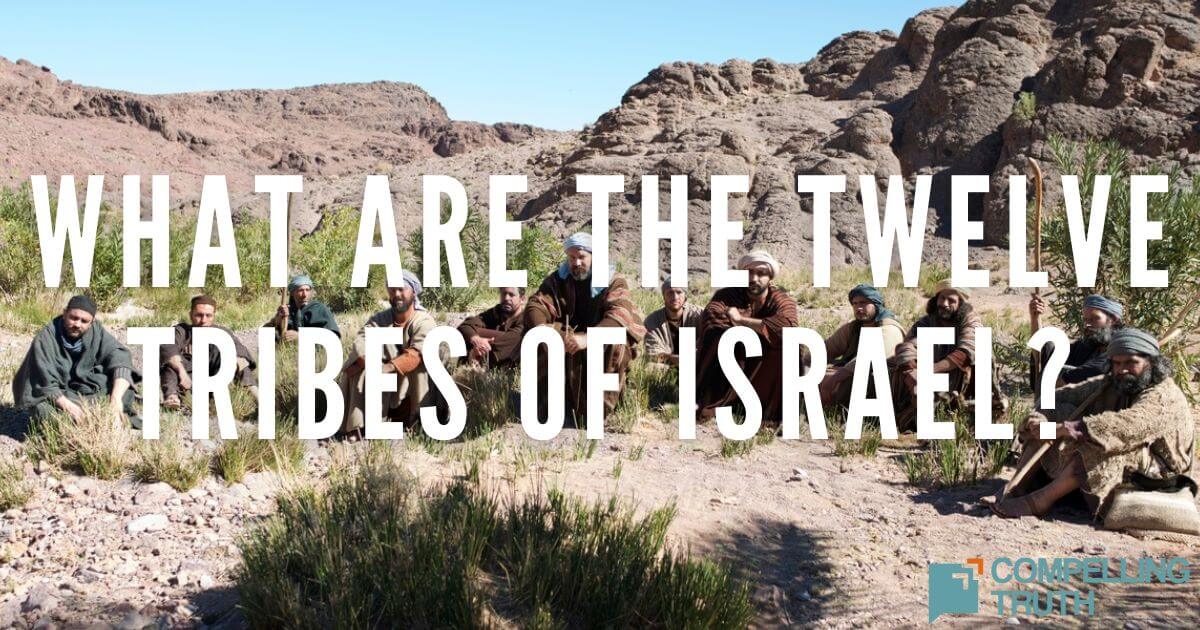what does the bible say?
Bilhah, initially Laban's servant, became Rachel's handmaid upon Rachel's marriage to Jacob. She was given to Jacob when Rachel could not conceive, and she bore him two sons, Dan and Naphtali. Despite being a minor figure in the Bible, Bilhah played a significant role in the lineage of Israel, with seven of Jacob's descendants tracing their lineage through her. Her story, similar to Hagar's, highlights God’s recognition of individuals regardless of their social status, His care for them, and their role in His plans and purposes. Through Bilhah, we see that God values and cares for everyone, regardless of their circumstances, echoing Jesus' assurance of God's care for all.




